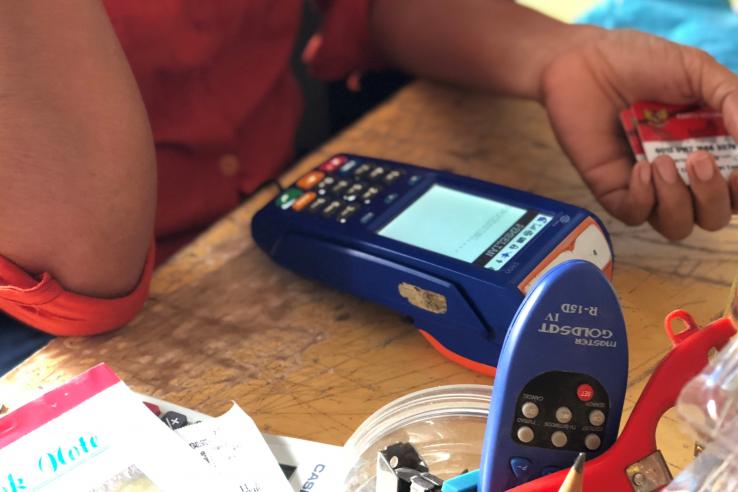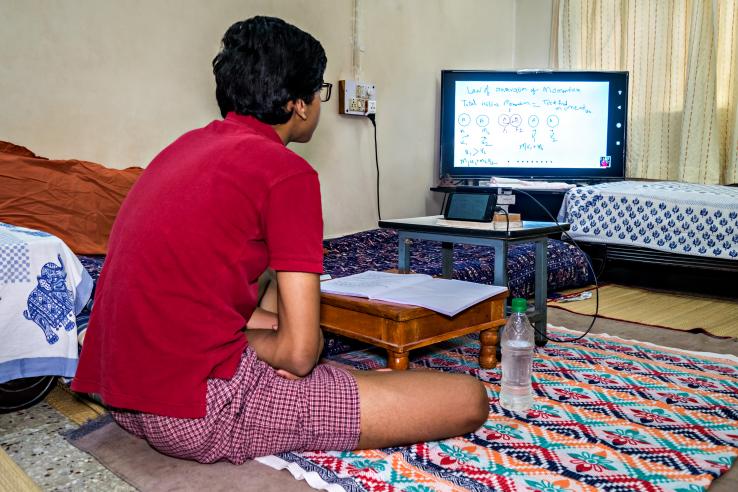Displaying 7201 - 7215 of 7772
Person
Heather McCurdy joined J-PAL in 2011 to provide human subjects administration and support for Esther Duflo and the Global office. Heather spent five years in economic consulting support in Boston but previously spent two years in Mali with the Peace Corps.
Blog
As policymakers across Africa are increasingly investing in digital identification systems, the Digital Identification and Finance Initiative in Africa (DigiFI) explores what the benefits, challenges, and unknowns are.
Person
Gabriel Cruz is a Senior Research Associate at J-PAL LAC, where he works on several projects related to understanding the effects of public policies on education, pensions, among other topics lead by Prof. Claudia Allende (Stanford University).
Person
Lauren is a Policy Associate at J-PAL Africa where she works with affiliates, policymakers and practitioners to further the J-PAL agenda of using evidence to inform policy.
Person
Thomas Ferreira is a Senior Data Associate at J-PAL Africa working on the Innovations in Data and Experiments for Action (IDEA) Initiative.
Person
Faith holds a Ph.D. in Development Economics from the National Graduate Institute for Policy Studies of Japan.
Person
Benjamin Roth is the Purnima Puri and Richard Barrera Associate Professor of Business Administration at Harvard Business School.
Update
J-PAL updates
J-PAL and King Philanthropies launch $25 million King Climate Action Initiative and more in J-PAL's August newsletter.
Event
Please join us for the upcoming Global Evidence for Egypt spotlight webinar, “What does global evidence tell us about social assistance response to large external shocks in Egypt?" The webinar will focus on what global evidence tells us about social assistance that responds to covariate shocks.
Event
Join J-PAL Southeast Asia for a webinar to launch the Inclusive Financial Innovation Initiative (IFII). To kick off this learning collaborative, key findings from the initiative's whitepaper will be shared to inform digital financial services (DFS) stakeholders and policy decisions.
Person
Blog
To help us make safe, intelligent decisions for how to conduct our everyday lives during the pandemic, we need new data-driven tools to assess risk based on our unique personal profiles and local conditions.
Person
Seema Jayachandran is a Professor in the Department of Economics and Finance at Princeton University. Her work focuses primarily on health in developing countries, and she also has research interests in education, labor markets, the environment, and political economy.
Evaluation
Researchers are evaluating the impact of providing additional information and resources to those who have completed skills training programs on employment outcomes.
Person
Lori Beaman is an Associate Professor in the Department of Economics at Northwestern University. Lori's research interests lie in development and labor economics with a focus on the role of social networks in the labor market and in agriculture, and women's economic and social mobility.





